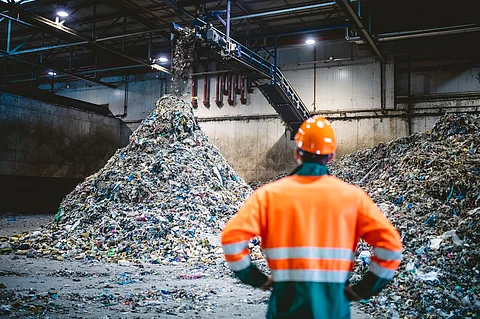

Article 8 of the treaty negotiations is pivotal in managing plastic waste, aiming to prevent environmental leakage and promote equity.
While it includes waste hierarchy principles and acknowledges informal waste workers, debates persist over binding obligations.
Countries like Nigeria and Samoa advocate for stronger commitments, while others emphasize national flexibility and global oversight.
Article 8 serves as a critical juncture in the treaty negotiations, addressing the management of plastic waste and laying the groundwork for national systems that can prevent environmental leakage while fostering equity. While the current text reflects moderate alignment with ambition particularly through the inclusion of waste hierarchy principles and the recognition of informal waste workers, differences remain on the level of binding obligation and the scope of action required from Parties. The article’s varying use of ‘shall’ and ‘should’ continues to create ambiguity around enforceability.
Several country groupings and Parties have called for stronger commitments. The African Group, represented by Nigeria and AOSIS, led by Samoa, urged legally binding provisions and underscored the importance of capacity checks on plastic waste imports, disaster-resilient infrastructure and fair treatment of informal waste workers. Brazil and Mongolia supported a dedicated article on Extended Producer Responsibility (EPR), emphasizing producer accountability and infrastructure development. Norway introduced national target frameworks and envisioned a proactive role for the COP in guiding future action.
Divergences persist, particularly around the degree of global oversight and the balance between national discretion and international coordination. India and a group of Asian countries, including Iran, Malaysia and Brunei, advocated for national flexibility, removed export restrictions citing the Basel Convention and highlighted the need for financial and technical assistance. Meanwhile, Russia and others emphasized curbing waste exports from developed to developing nations. Despite these differences, there is growing recognition of the need for globally coherent EPR systems and meaningful integration of waste pickers into formal waste management key areas that could unite Parties in the next stage of negotiations.
This is a click to zoom map. View the larger image by clicking on it